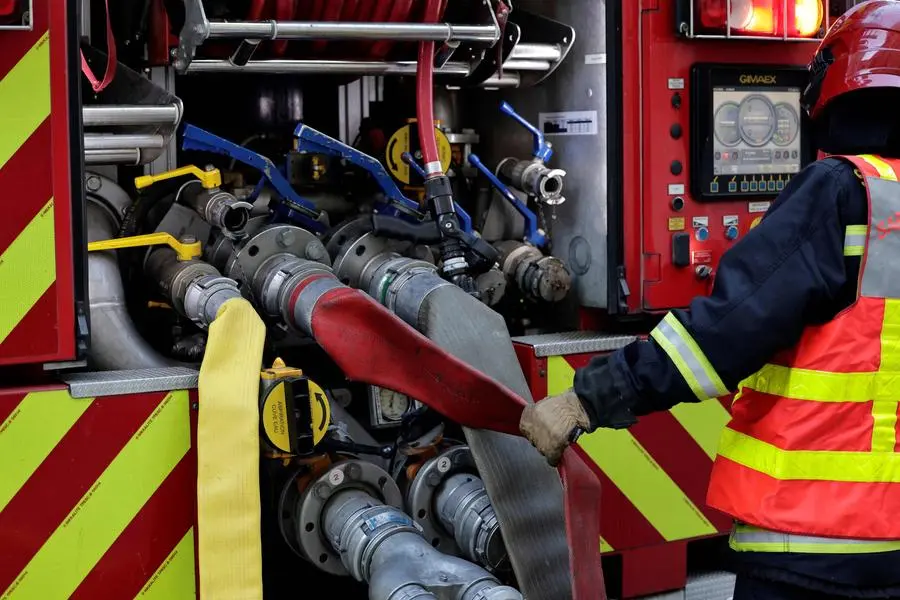PHOTO
The UK government on Monday set a new 2029 deadline to speed up the removal of combustible cladding from high-rise buildings in the wake of London's deadly 2017 Grenfell inferno.
Under the Remediation Action Plan, the highly flammable material, widely blamed for the blaze, must be removed from such tower blocks before the end of the decade, with developers required to "double the rate at which they fix buildings".
The action comes four months after a damning final public inquiry report into the Grenfell tragedy, in which 72 people died in Britain's worst peacetime fire since World War II.
Flames spread rapidly through the 24-storey block in west London primarily due to unsafe cladding fixed to the walls, with the report accusing the firms which provided the material of "systematic dishonesty".
Seven years after the tragedy, only 30 percent of buildings identified for remediation have had works completed, according to the Ministry of Housing.
The UK's independent spending watchdog, the National Audit Office, said 9,000 to 12,000 buildings still required fixing, with over a quarter of a million people living in homes identified as having unsafe cladding.
"The pace of remediation has been far too slow for far too long. We are taking decisive action to right this wrong and make homes safe," said Deputy Prime Minister and Housing Secretary Angela Rayner.
The new plans announced by Prime Minister Keir Starmer's Labour government vow to crackdown on property freeholders who are slow to take action.
Building safety minister Alex Norris warned that landlords who failed to comply would face the "force of the law".
However, campaign group End Our Cladding Scandal called the latest targets "extremely disappointing" and "underwhelming".
"We are still far from a comprehensive solution that will bring about the change innocent leaseholders and residents across the country need and deserve to see," the group said.
Campaigners pointed to no measures to tackle fire-safety defects beyond cladding and a lack of recourse to tackle unsafe cladding in buildings not classified as high-rises, among other issues.
"There is still far too much uncertainty," the group said.





















